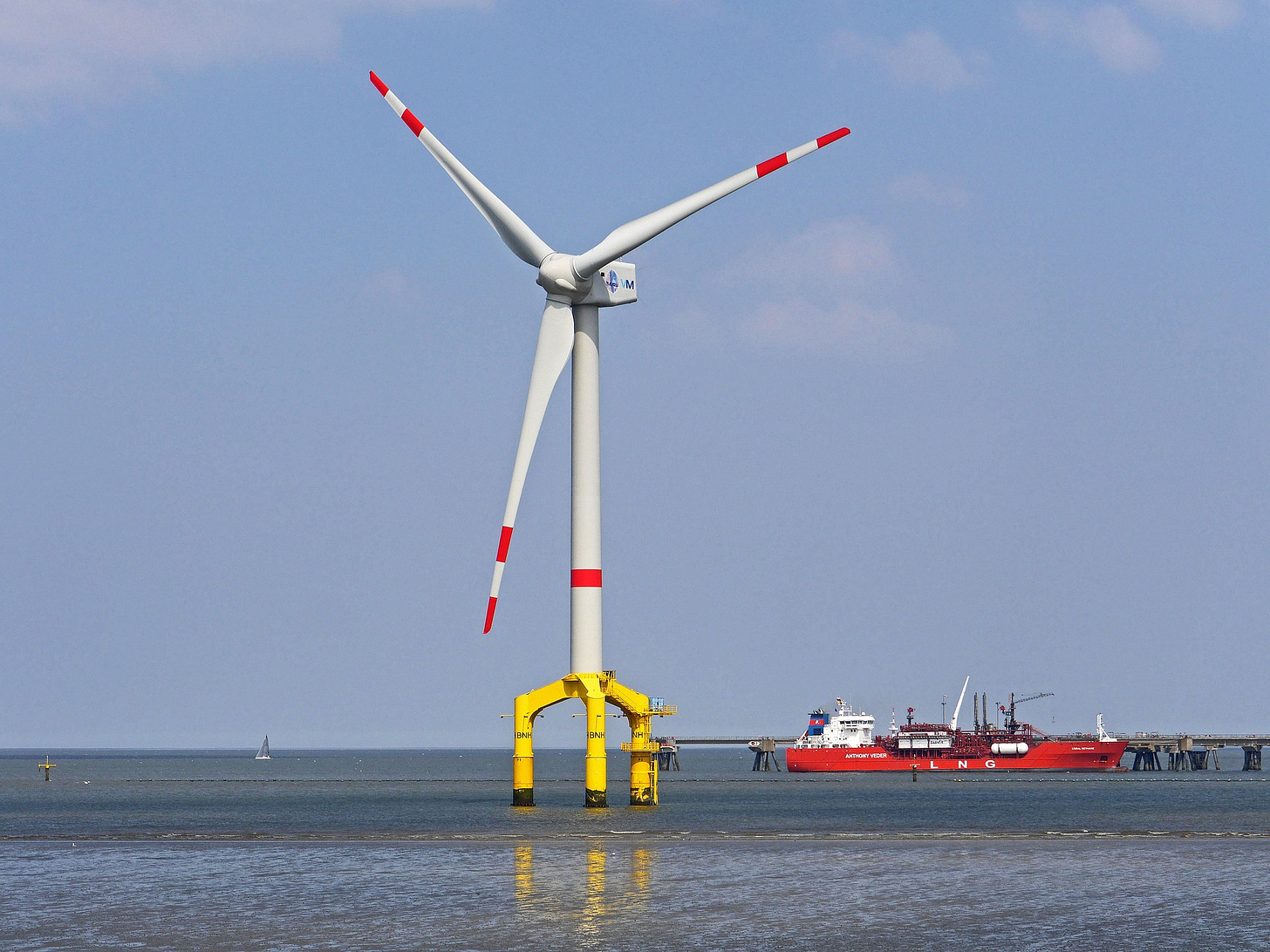Vietnam Only Asian Country on Track to Meet 2030 Offshore Wind Target: Report
A new report from The Renewables Consulting Group, shows that several developed and emerging markets are falling behind their stated net zero climate ambitions.
Of the fifteen countries that have offshore wind specified development targets for 2030, 80% are already predicted to miss their stated goals.
The report, “Global Offshore Wind Market Report: COP 27 Highlights,” reveals that only Vietnam, Poland, and Denmark are set to meet or exceed 2030 offshore wind targets.
The International Renewable Energy Agency (IRENA) has predicted that the world would need an installed global capacity of 270 GW of offshore wind by 2030, and 2,000 GW by 2050.
Meeting these targets requires the equivalent of the installation of the current global capacity every year until 2030 and then installation 2.5 times that amount (86.5 GW per year) for each of the following 20 years.
Numerous Challenges
To date, research from RCG’s Global Renewable Infrastructure Projects (GRIP) database shows that target will be missed by 7%. To reach RCG’s 2030 forecast, an average capacity of 24.5 GW will need to be installed annually.
Breanne Gellatly, Partner and Global Lead, Strategy and Markets for The Renewables Consulting Group, an ERM Group Company, said: “In spite of the impressive number of offshore wind projects in development, the majority of countries need additional action to hit their 2030 offshore wind specific targets. The report should serve as a wake-up call to governments, institutions, and organisations that plenty of challenging work remains in the fight against climate change.”
According to RCG, there are myriad reasons why countries are falling behind these climate change ambitions.
Considering that planning and obtaining approvals for offshore wind consent takes four to five years on average, regulatory bodies should investigate shortening their consenting processes if they are to deliver the significant expansions that are needed to stave off climate change.
Macroeconomic factors are also challenging as offshore wind faces serious cost inflation due to raw materials shortages and price increases. Offshore wind remains competitive, but RCG warns that these increasing capital costs may continue to undermine net zero goals and targets.
Also, interest rate hikes increase the cost of debt. Offshore wind remains competitive but increasing capital costs might undermine net-zero goals.
#Vietnam #OffshoreWind





